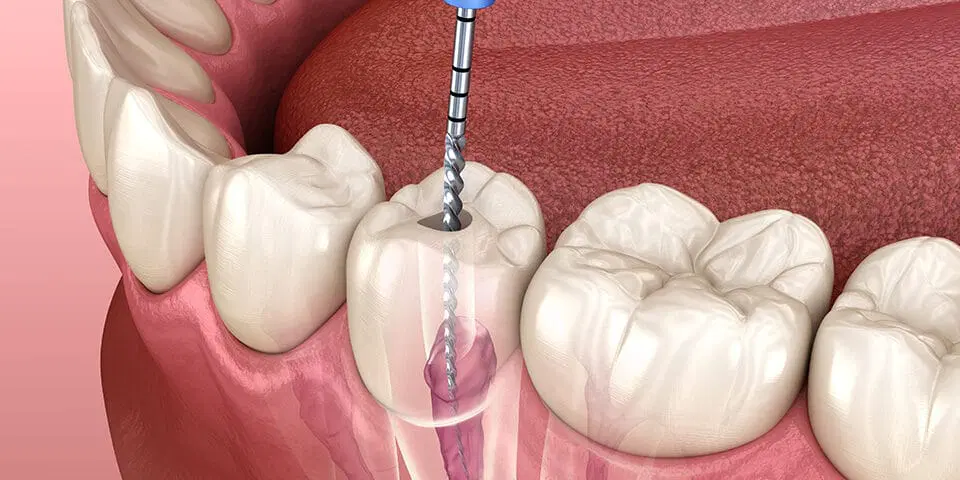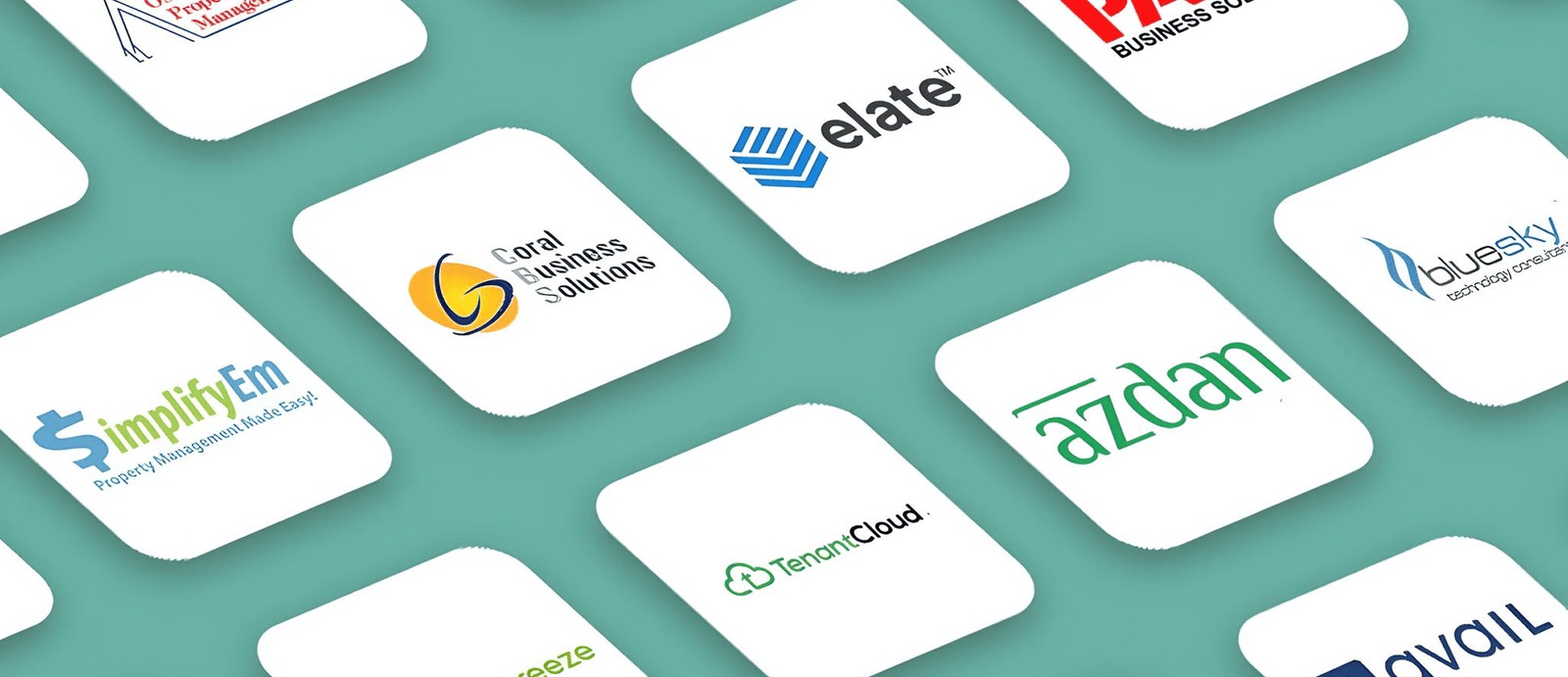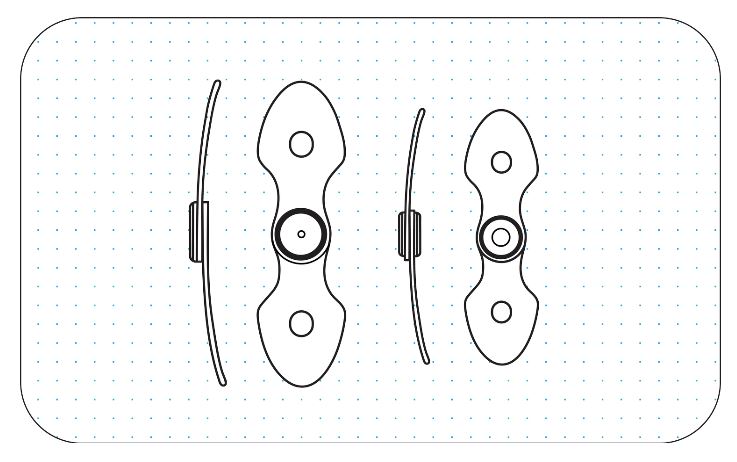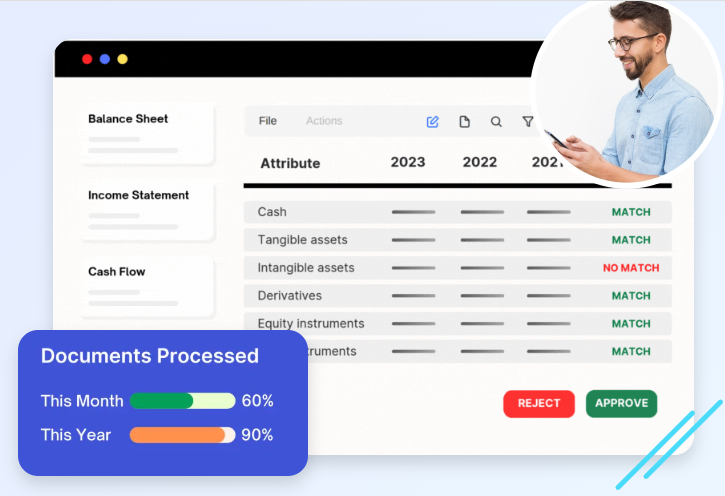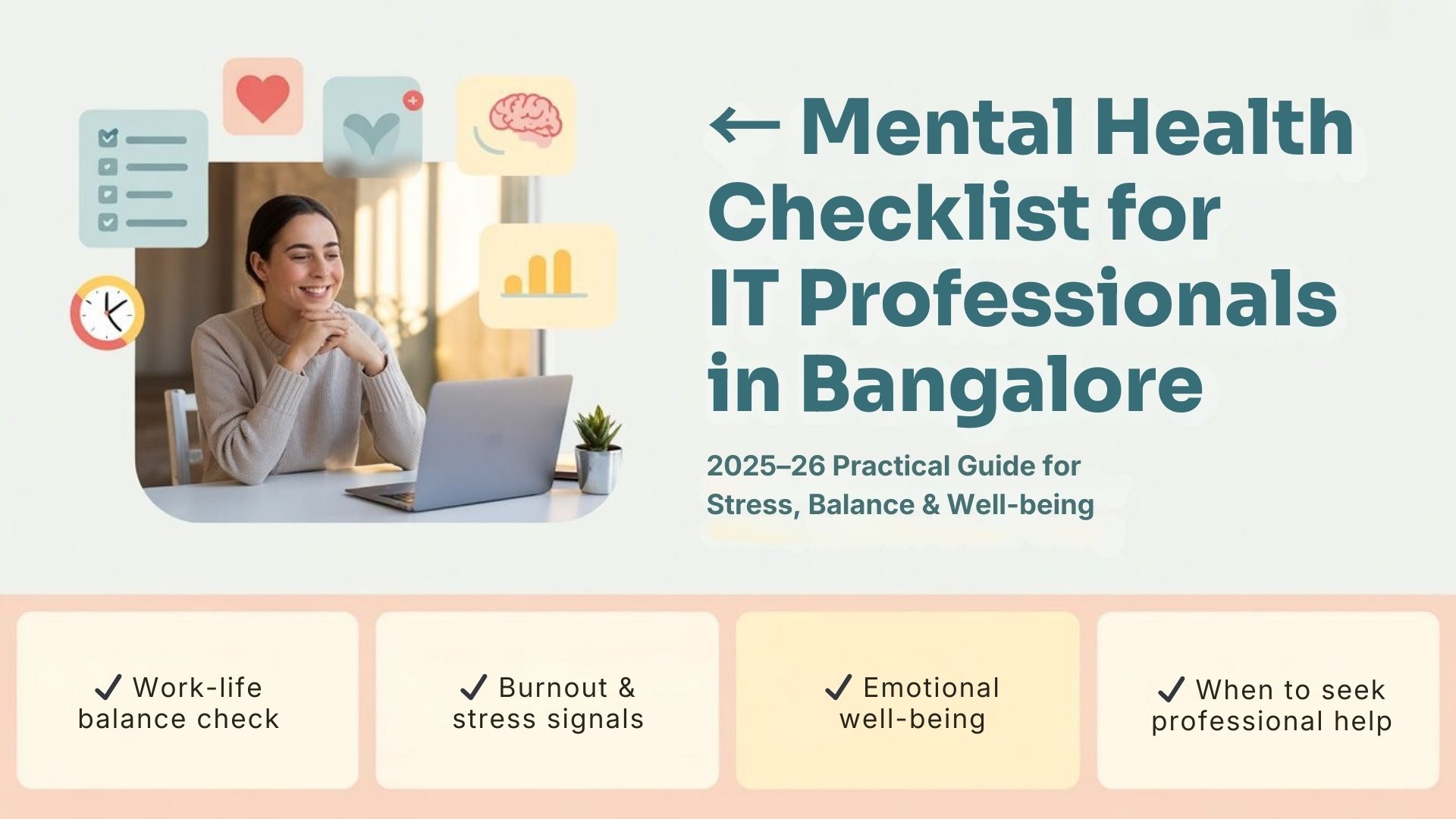Mental health is a topic that has finally started receiving the attention it deserves. As conversations around mental well-being grow louder, many are beginning to realize how essential it is to maintain a healthy mind just as much as a healthy body. But for someone new to the topic, the concept of mental health can feel vague or even overwhelming. Where do you start? How do you know what’s “normal”? And what practical steps can you take to protect and improve your mental well-being?
In this beginner’s guide, we’ll break down what mental health really means, how it affects your daily life, and how simple changes—including techniques like brain biohacking—can help you take control of your mental landscape.
What Is Mental Health?
At its core, mental health refers to your emotional, psychological, and social well-being. It affects how you think, feel, and behave in everyday life. It also determines how you handle stress, relate to others, and make decisions. Just like physical health, mental health exists on a spectrum and can vary from one day to the next.
Contrary to popular belief, mental health isn’t just the absence of mental illness. You can be free of a diagnosed condition and still struggle with stress, low self-esteem, anxiety, or burnout. Good mental health means you can cope with life’s challenges, maintain fulfilling relationships, and function productively in society.
Why Mental Health Matters
Mental health influences every part of your life—from your work performance to your physical health. Poor mental health can lead to issues like insomnia, digestive problems, weakened immunity, and even chronic diseases. Emotionally, it can result in mood swings, relationship conflicts, and persistent feelings of sadness or anxiety.
On the flip side, maintaining good mental health can:
-
Improve your focus and productivity
-
Boost creativity and decision-making skills
-
Enhance your emotional resilience
-
Deepen personal relationships
-
Lead to a more fulfilling and meaningful life
In short, nurturing your mental health sets the foundation for everything else.
Common Mental Health Challenges
Understanding some common mental health issues can help you recognize early warning signs in yourself or others. Here are a few conditions that many people encounter at some point in their lives:
-
Anxiety Disorders: Characterized by excessive worry, fear, or nervousness, often interfering with daily life.
-
Depression: More than just feeling down, depression involves persistent sadness, lack of motivation, and disinterest in activities once enjoyed.
-
Stress-related Disorders: Chronic stress can lead to burnout, sleep issues, and even memory problems.
-
Bipolar Disorder: Involves extreme mood swings, ranging from high-energy manic episodes to deep depressive states.
-
Obsessive-Compulsive Disorder (OCD): Characterized by unwanted thoughts (obsessions) and repetitive behaviors (compulsions).
These conditions are more common than most people think, and they’re nothing to be ashamed of. In fact, acknowledging them is often the first step to healing.
Brain Biohacking: A Modern Approach to Mental Health
As people seek ways to take charge of their mental health, brain biohacking has emerged as a powerful concept. Brain biohacking involves using science-backed strategies and lifestyle interventions to optimize brain function, mood, and cognitive performance.
While the term might sound futuristic or technical, it’s surprisingly approachable. Here are some beginner-friendly brain biohacking techniques that can support mental health:
1. Nutritional Interventions
Your brain needs the right fuel to function optimally. Omega-3 fatty acids, B-vitamins, magnesium, and antioxidants all play key roles in brain health. Many people are turning to nootropics—natural or synthetic substances that enhance brain performance—as part of their brain biohacking routine.
Even something as simple as staying hydrated and limiting processed foods can make a huge difference in your mood and clarity.
2. Sleep Optimization
Sleep is when your brain recovers, processes memories, and regulates mood. Lack of quality sleep is closely linked to anxiety and depression. A consistent sleep schedule, reducing blue light exposure before bed, and optimizing your bedroom environment (dark, cool, and quiet) are essential brain biohacks.
3. Mindfulness and Meditation
Mindfulness practices like meditation have been shown to reduce symptoms of anxiety and depression, improve attention span, and promote emotional balance. Starting with just 5-10 minutes a day can help reset your mental state and improve long-term resilience.
4. Cold Showers and Breathwork
These techniques, made popular by wellness advocates like Wim Hof, are increasingly used in brain biohacking circles. They activate the nervous system, reduce inflammation, and increase mental clarity. While they’re not for everyone, they’re worth exploring if you’re curious about natural methods to boost mood and alertness.
5. Digital Detoxing
Constant notifications and screen time can drain your mental energy and increase stress. Taking regular breaks from screens, especially social media, can help you reconnect with yourself and your surroundings—boosting emotional well-being.
Brain biohacking is about intentional experimentation and observation. What works for one person might not work for another, so it’s important to be patient and track your results.
Building Healthy Mental Habits
While brain biohacking offers advanced strategies, basic daily habits still form the foundation of good mental health:
-
Exercise Regularly: Movement releases endorphins, improves sleep, and reduces anxiety. You don’t have to hit the gym—yoga, walking, or dancing at home can be just as effective.
-
Talk to Someone: Whether it’s a friend, family member, or therapist, expressing your thoughts and feelings is vital. You’re not meant to carry the weight alone.
-
Limit Alcohol and Caffeine: Both substances can negatively impact mood and sleep, especially if overused.
-
Practice Gratitude: Writing down three things you’re grateful for each day can shift your focus from negativity to appreciation.
-
Set Boundaries: Learn to say “no” when needed and protect your time and energy.
These habits might seem small, but they add up over time. Just like brushing your teeth, they become easier with repetition.
When to Seek Professional Help
If you’re experiencing persistent sadness, overwhelming stress, or feel like you’re losing control of your emotions, it might be time to speak with a mental health professional. There is no shame in asking for help—in fact, it’s a sign of strength.
Therapists, counselors, psychologists, and psychiatrists can offer guidance, coping strategies, and medical treatment when needed. Early intervention often leads to better outcomes.
Final Thoughts
Understanding mental health doesn’t require a psychology degree—it just takes curiosity, compassion, and a willingness to care for your mind like you would any other part of your body.
Whether you’re struggling or simply looking to improve your focus and emotional resilience, there are countless tools available to support you. From foundational habits to advanced techniques like brain biohacking, you have the power to shape your mental landscape and create a life filled with clarity, balance, and joy.


 English
English 














